Top Class Actions’s website and social media posts use affiliate links. If you make a purchase using such links, we may receive a commission, but it will not result in any additional charges to you. Please review our Affiliate Link Disclosure for more information.
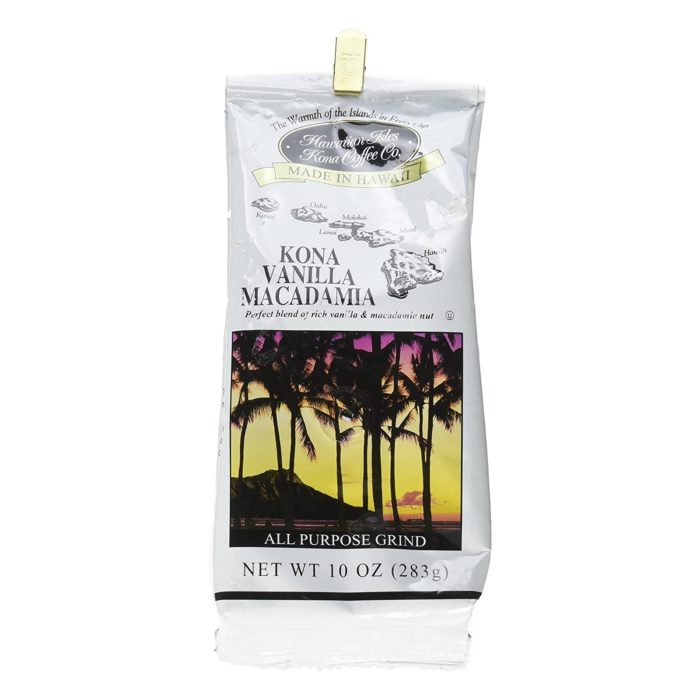
Plaintiff Andrew Chung says the coffees at issue in this class action include “Kona Classic,” “Kona Sunrise,” “Kona Hazelnut,” and “Kona Vanilla Macadamia Nut.” Chung states that the beans in these coffees are mostly derived from commodity beans from “less desirable regions.”
Chung alleges that he purchased the Kona labeled coffee products from CVS on four occasions from November 2016 to January 2018.
The plaintiff says he relied on the defendant’s false, misleading, and deceptive use of the word “Kona” on the packaging of the products. In purchasing the coffee, he believed it was grown in the Kona District on the island of Hawaii.
The Kona coffee class action lawsuit notes that the defendant has packaged, advertised, marketed, and distributed the Kona coffee products through retail stores in the United States on the misrepresentation that the products were solely grown in the Kona District.
However, Chung says that the vast majority of the coffee was not grown in the Kona District.
The Kona class action lawsuit states that Kona coffee is one of the most revered and famous coffees in the world. He maintains in the Kona class action lawsuit that only coffee grown in farms in the Kona District in Hawaii can be truthfully marketed and sold as Kona coffee.
“The volcanic soil, the elevation and the humidity of this region combine to give Kona coffee its distinctive characteristics,” Chung states.
The plaintiff says he and other consumers purchased Kona coffee because they thought, through the packaging and the labeling, that the coffee was grown in the Kona District.
Chung states that if he had known that the coffee was not grown in the Kona District, he would not have purchased the product or would have paid less for it.
As a result of the unlawful scheme perpetrated by the defendant, Kona Coffee Company has been able to overcharge the plaintiff and other consumers for coffee, induce purchases that would not otherwise occur, and obtain wrongful profits, the plaintiff argues.
Chung says that he would be interested in purchasing products from the Kona Coffee Company in the future, but only if they are advertised accurately and it contains 100 percent coffee grown in the Kona District.
The Kona Coffee Company class action lawsuit says that, under Hawaii law, only coffee sold in the Kona District can be labeled and sold as Kona coffee. As such, coffee grown outside of the Kona District, even if it is grown in the state of Hawaii, cannot be labeled and sold as Kona coffee.

The flavor and aroma of Kona coffee grown in the district are a direct result of this environment, Chung says.
“The Kona name tells consumers that they are buying coffee grown in the Kona District. The name also tells consumers that the coffee has a distinctive flavor profile, and that the beans are of the highest quality. Consequently, consumers have been willing to pay a premium for Kona coffee,” the plaintiff argues.
Chung goes on to say that Kona farmers produce approximately 2.7 million pounds of green Kona coffee every year, which compares to 20 billion pounds of green coffee that is produced in the entire world.
Thus, Kona coffee represents .01% of the worldwide coffee production, which makes it a premium product, according to the class action lawsuit.
Chung says that some of the defendant’s packages only contain trace amounts of actual Kona coffee, while other packages contain no Kona coffee at all.
In addition, the Kona Coffee Company class action lawsuit states that, as a direct result of the local soil and rainfall, certain elements are not present in actual Kona coffee. Thus, scientists can determine with high confidence whether a package is authentic Kona coffee.
“Even a consumer understanding this package to be a blend of Kona and other coffees (which is a conclusion that very few consumers would draw based on this particular packaging) would expect the package to contain a meaningful percentage of Kona beans,” the Kona Coffee Company class action lawsuit maintains.
Have you purchased Kona coffee thinking the product was made in the Kona District? Let us know your experience in the comments section below.
The plaintiff is represented by L. Timothy Fisher and Blair E. Reed of Bursor & Fisher PA and Marc G. Reich and Adam T. Hoover of Reich Radcliffe & Hoover LLP.
The Hawaiian Isles Kona Coffee Company Class Action Lawsuit is Andrew Chung v. Hawaiian Isles Kona Coffee Company, Case No. 1:20-cv-00158, in the U.S. District Court for the District of Hawaii.
ATTORNEY ADVERTISING
Top Class Actions is a Proud Member of the American Bar Association
LEGAL INFORMATION IS NOT LEGAL ADVICE
Top Class Actions Legal Statement
©2008 – 2024 Top Class Actions® LLC
Various Trademarks held by their respective owners
This website is not intended for viewing or usage by European Union citizens.



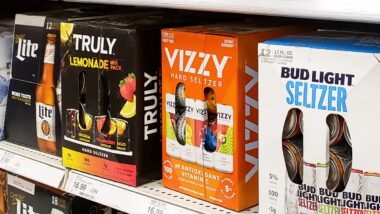
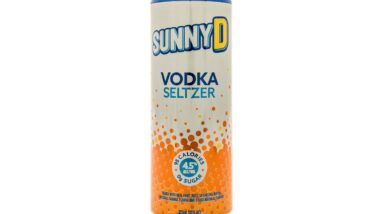

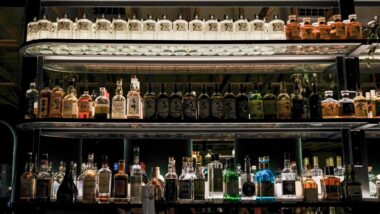
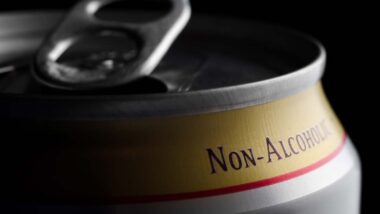

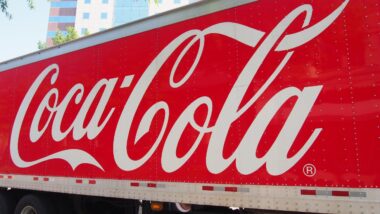
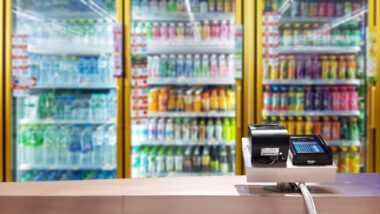
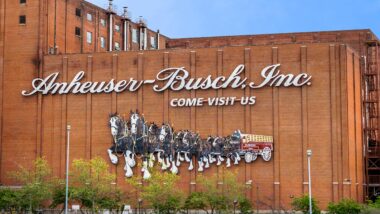

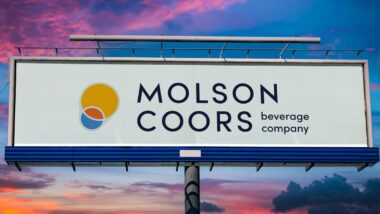
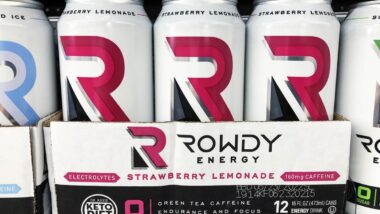
451 thoughts onKona Class Action Says Coffee Isn’t Grown in Kona District
KONA Hazelnut coffee is a treat for me and now another FALSE ADVERTISEMENT!
Kona coffee is a treat, this is sad news
Please include me
I bought Kona coffee hazelnut and the vanilla every month. Wow another label stirring us wrong!!! Add me
absurd
Please add me.
Please add me
Add me
Yes I still drink this coffee actually got it in Hawaii thinking it was grown there smh
Add me, please.